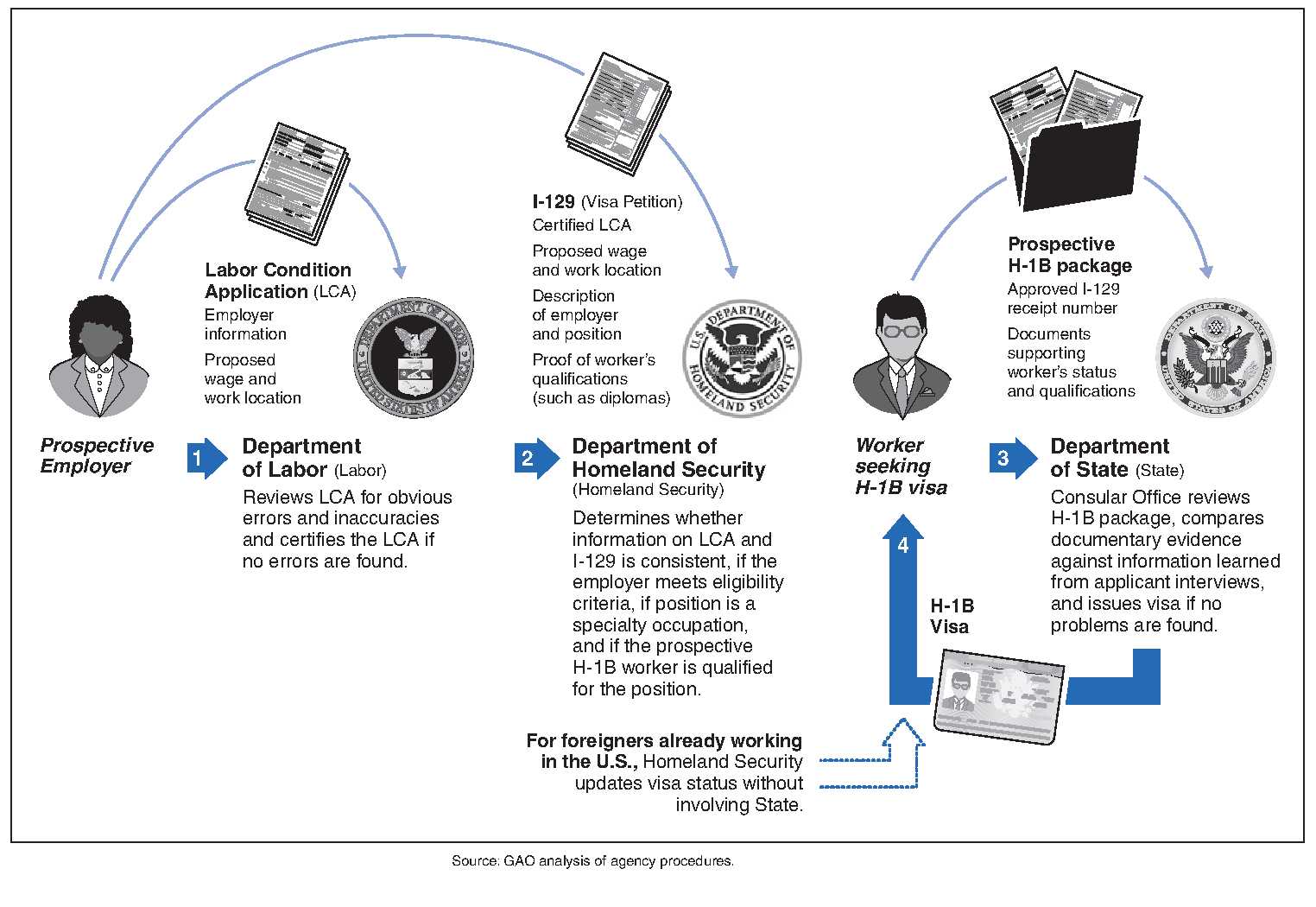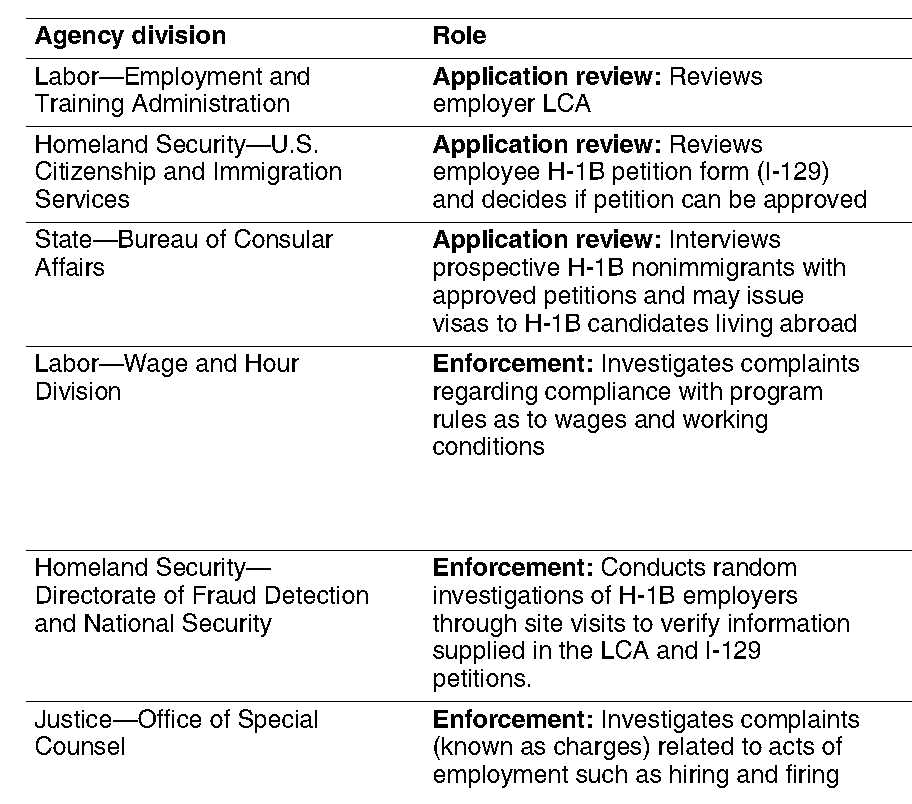On February 18 and 19, the University of California (Irvine) hosted a symposium where many of U.S. immigration’s Rock-Star professors came together to try and solve “Persistent Puzzles in Immigration Law.” The topics covered a wide expanse. A subject discussed that particularly interested me is Congress’s often inexplicable delegation of regulatory authority among a surfeit of federal agencies that administer and enforce the immigration laws, each with its area of real (or presumed) expertise and overlapping responsibilities.
One speaker mentioned her concern about the possible mis-use of E-Verify by some employers to screen current or would-be workers for employment eligibility, even though that kind of screening violates the terms of use under the memorandum of understanding with Homeland Security (DHS). She proposed that perhaps Congress should authorize the Department of Labor (DOL) to investigate and punish this type of violation. During the Q & A, I suggested that, even if the problem is as widespread as the speaker feared, the Department of Justice (DOJ) should do the policing, because, based on my experience, DOL must first improve its abysmal record of administering the immigration laws before Congress grants it any more power.
Regular readers of this blog would be forgiven for assuming, given my recent rants on labor certification (here and here), that the DOL’s PERM program had come to my mind. No, actually I was thinking of the H-1B program and a January 2011 Government Accountability Office report (GAO-11-26). Although the report contains a wealth of data, and is written from a glass-half-empty perspective, it actually shows that access to cheap foreign labor — the usual slam against the category — is not the real motivation for its use. Rather, as the National Foundation for American Policy notes in its analysis of the GAO data, “hiring the best candidate for the job, whether U.S.-born or foreign-born, is the primary consideration for employers” who sponsor H-1B workers.
I will offer many critiques of the economy-harming H-1B program in future blog postings, and assail the GAO’s flawed analysis and implied bias reflected in the title of its report (“H-1B VISA PROGRAM – Reforms Are Needed to Minimize the Risks and Costs of Current Program”). For now, in the au courant Washington spirit of reducing government expenditures and eliminating unnecessary regulations that burden business, I propose that Congress take the DOL out of the H-1B application process altogether, and that USCIS serve solely to approve or deny H-1B visa petitions and grants of nonimmigrant status.
To gain a visual understanding of my point, consider this GAO chart depicting the current H-1B process:

As the chart shows, the only role for the DOL at the outset of the H-1B process is to perform a ministerial task, i.e., to review an employer attestation form (known as the Labor Condition Application or LCA) to confirm that it is not “incomplete or obviously inaccurate.” The GAO agrees with me that Congress should consider eliminating this step, and instead requiring U.S. Citizenship and Immigration Services (USCIS) to receive and certify the LCA when adjudicating the H-1B visa petition:
To reduce duplication and fragmentation in the administration and oversight of the H-1B application process, consistent with past GAO matters for congressional consideration, [Congress should] consider eliminating the requirement that employers first submit a Labor Condition Application (LCA) to the Department of Labor for certification, and require instead that employers submit this application along with the I-129 application to the Department of Homeland Security’s U.S. Citizenship and Immigration Services for review.
Eliminating the LCA review by DOL would shave seven days off the time it takes before USCIS can adjudicate an H-1B petition, since this is the time Congress provided the DOL to “certify” the LCA. This savings of time is especially important each year in March when every day counts as employers scramble to file their H-1B petitions by April Fools Day in order to fall within the woefully small H-1B annual quota.
USCIS opposes the GAO’s suggestion, however, offering the following rationale to the GAO:
Homeland Security officials believed that Labor would be better suited to review the LCA because Labor has specialized knowledge about the computation of prevailing wages.
USCIS’s justification for shirking a task that would result in an obvious time- and cost-savings doesn’t stand up to close scrutiny. Most employers use the DOL’s online O*Net database and Standard Occupational Classifications to obtain the prevailing wage, and USCIS could easily cross-check those sources (as it now does with its VIBE system) to make sure the correct wage figure is used. Even in the comparatively rare situations where an employer submits an alternate wage source, USCIS could easily adopt and apply DOL’s regulations on the requirements for use of a union contract, an “independent authoritative source” survey, or “[an]other legitimate source” of prevailing wage data, or consult with the DOL.
Avoiding front-end delay is just a first step in process improvement. The more urgent challenge is how best to consolidate enforcement of the H-1 program in one agency. The current enforcement hodgepodge is reflected in this GAO chart:

There is no reason that H-1B employers, by regulation, must be prepared to face a triad of investigations by three federal agencies housed in three different departments. H-1B enforcement responsibility should be consolidated into one agency, and the rules governing the procedures, scope and duration of an investigation, along with employer due process protections (such as the Good Faith Compliance defense added by the H-1B Visa Reform Act of 2004) should be promulgated under the customary requirements of public notice and opportunity for comment under the Administrative Procedures Act.
As I suggested to the immigration law professors, my recommendation would be to place all immigration policing authority with the Office of Special Counsel for Unfair Immigration-Related Employment Practices (OSC) in the Justice Department under an expanded grant of authority. The money we’d save and the burdens lifted by permitting USCIS to serve as sole H-1B adjudicator and pinning on OSC the lone sheriff’s star would be substantial. An added benefit would be that a neutral actor, the Justice Department, would have no dog in the fight, unlike the DOL whose mission is “foster[ing] and promot[ing] the welfare of the job seekers, wage earners, and retirees of the United States,” rather than according fair process to employers.
So, Congress, in keeping with the zeitgeist, can you spell?:
I-M-M-I-G-R-A-T-I-O-N
D-E-F-I-C-I-T
R-E-D-U-C-T-I-O-N